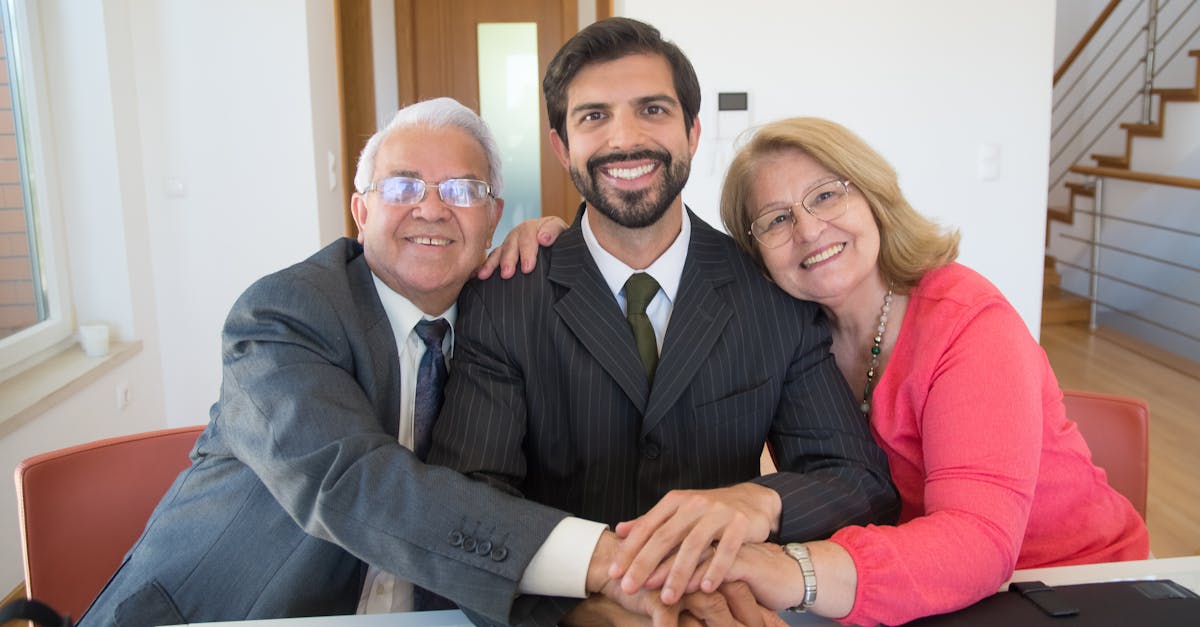In a context where the aging of the population is more and more marked, the notion of age well takes on capital importance. This expression refers to an individual’s ability to maintain a good quality of life and preserve their abilities, despite age-related changes. Understanding this concept involves exploring the different challenges that accompany it, such as the prevention of loss of autonomy, the fight against social isolation and the need to promote the maintenance of the rights of elderly people. Current policies highlight support measures which aim to improve the daily lives of seniors and enable them to add life to their years.
THE age well is a concept that evokes the idea of adding life to years by anticipating the challenges associated with aging. This encompasses a set of strategies and practices aimed at maintaining the highest level of health and possible well-being throughout life. With the increase in life expectancy, questions related to this notion become more and more relevant both on an individual and societal level.
Strictly speaking, the age well is often defined as an individual’s ability to maintain good levels of autonomy, physical and mental health, while reducing the risks of chronic diseases. References such as law of April 8, 2024 relating to old age and autonomy illustrate government efforts to promote successful aging.
The issues related to age well are multiple and affect different aspects of the lives of seniors. They include the need to reduce inequalities social and territorial health issues. It is imperative that each individual, regardless of their geographic or economic situation, have access to resources that promote peaceful and healthy aging.
Another vital issue is the fight against social isolation elderly people. Several studies have shown that isolation can have harmful consequences on physical and mental health. Thus, creating social ties and intergenerational activities is essential to promote well-being.
THE areas of research on aging are also interested in the prevention of age-related diseases and the promotion of an active lifestyle. Healthy aging does not only mean avoiding illness, but also staying engaged and active in society. This can include physical, mental and social activities that stimulate and enrich the lives of seniors.
THE ten priority themes around the age well interact with each other to create conditions favorable to a fulfilling life. Among these themes, we find balanced diet, regular physical activity, mental health, and access to quality health care. These different dimensions act together to reduce mortality and protect the health of seniors.
Furthermore, the age well is also linked to psychological issues. The feeling of freedom, dignity and respect is essential for older people. These psychological aspects must be taken into account when creating environments adapted to their needs.
By pushing this theme further, the notion of active aging emerges. It designates a process which is based on the continued participation of seniors in social and economic life. Encouraging older adults to stay engaged in community projects or volunteer activities can have a lasting impact on their quality of life.
To find out more about managing old age and available resources, it is possible to refer to practical guides, such as those offered by the Association of Directors serving the elderly. These resources offer essential advice to better understand and understand the issues of age well.
In summary, the age well constitutes a fundamental challenge in our aging societies, requiring a multidimensional approach that includes social, health and community interventions to ensure a future where every individual can fully live their old age.









